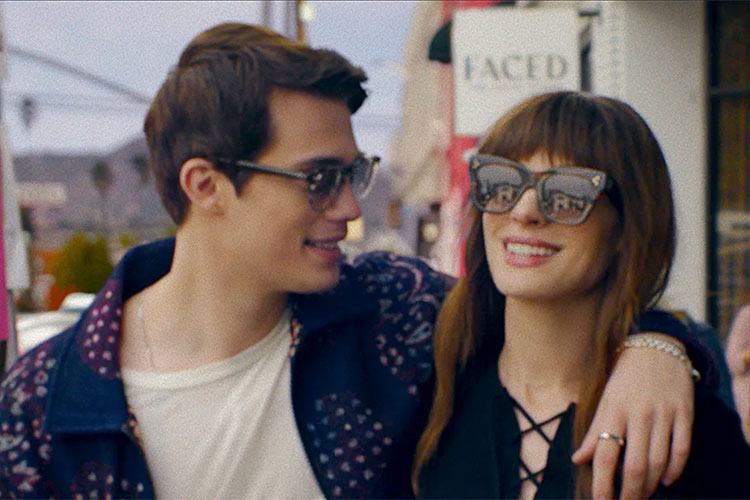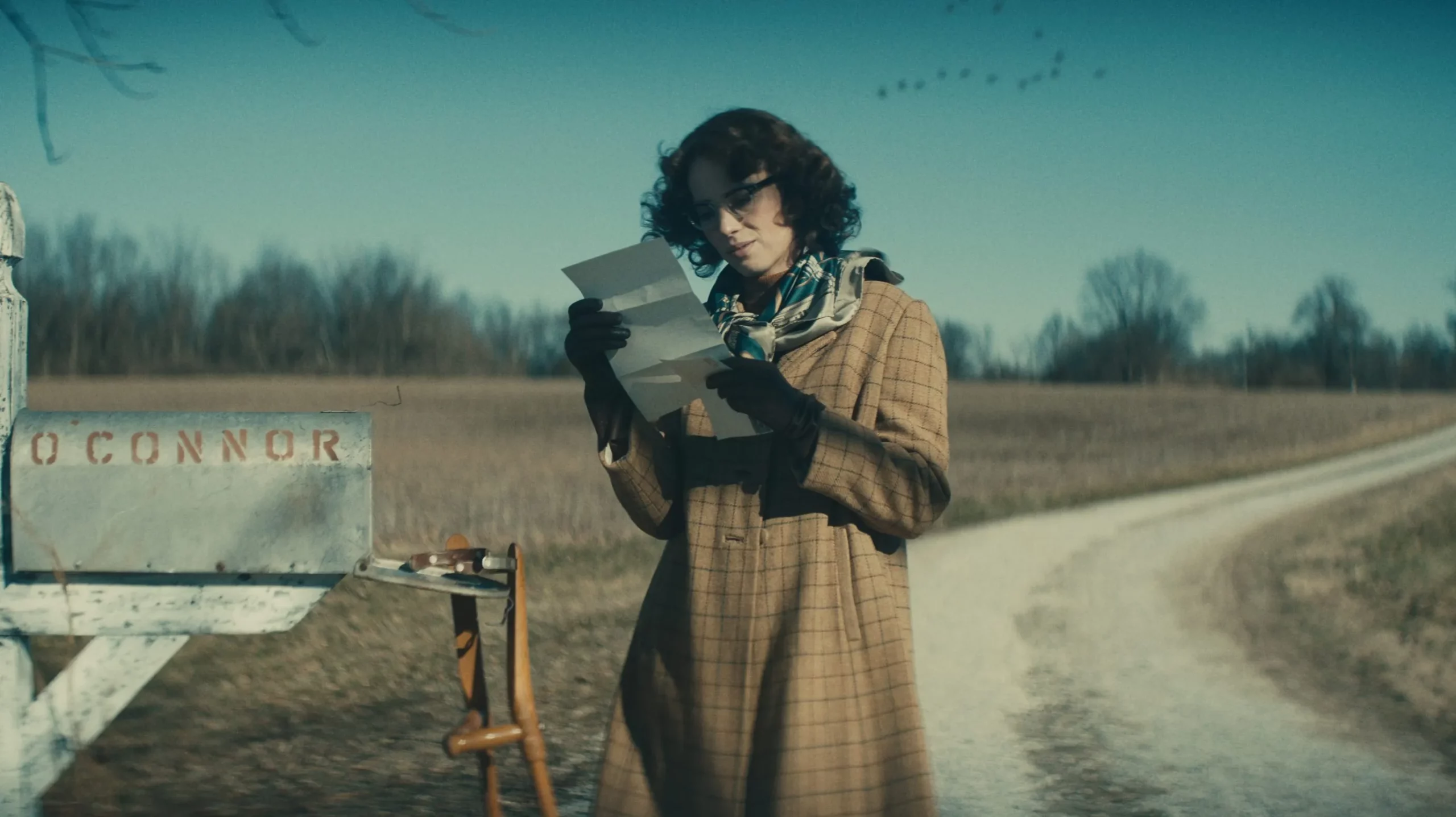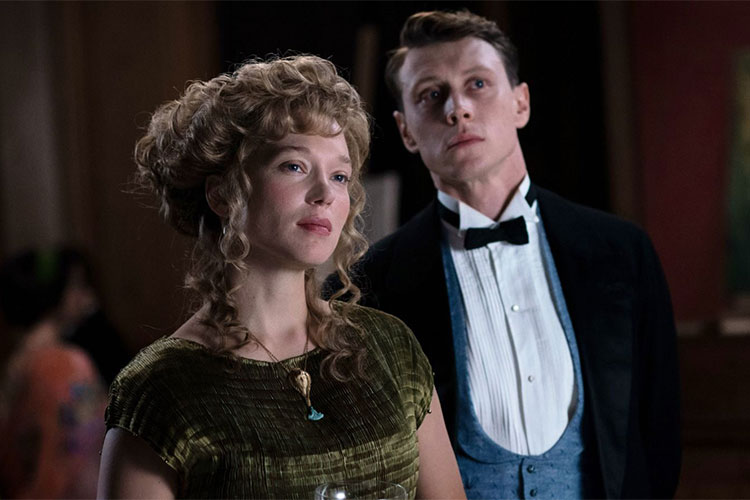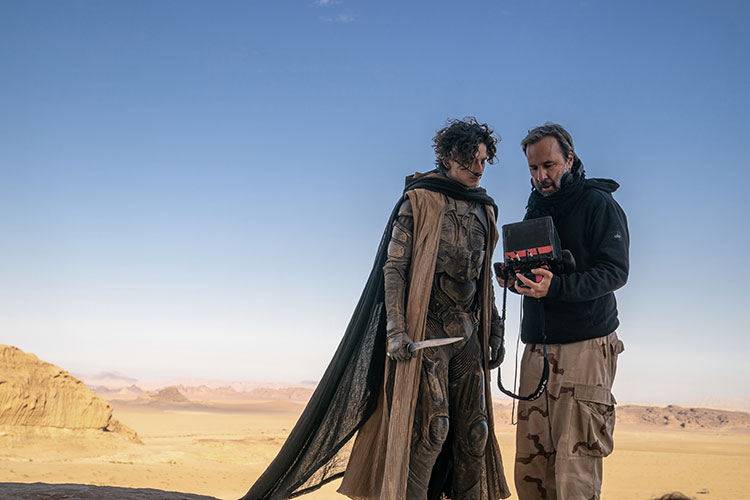What made Michael the perfect director for this film?
I’ve been a longtime fan of Michael’s, and as a matter of fact, early on in the process I reached out to him in hopes that he might be able to get involved from the very beginning.


What made Michael the perfect director for this film?
I’ve been a longtime fan of Michael’s, and as a matter of fact, early on in the process I reached out to him in hopes that he might be able to get involved from the very beginning.

Can you start by telling us about your exposure to Flannery O’Connor throughout your life?
Ethan Hawke: I was first given Flannery O’Connor by my mother, who was trying to prompt the inner feminist in me. Because all I was doing was reading guys.

I heard that your first idea, or one of the first images that you had, was the green screen prologue. Why was that the right way to start the film?
Bertrand Bonello: It’s the first thing I wrote. Because for everyone, or for every audience, green screen is related to the idea of virtuality.

What drew you to the role of Gladys?
Anjana Vasan: My agent sent me the script and said Thea Sharrock wants to meet you, have a read, and Olivia Colman’s attached and before she could finish saying Olivia Colman I went, yes!

Just as in the last film, this one starts with an incredible burst of sound, accompanied by some text, that really grabs the audience and lets them know they are in for an incredible experience. Can you talk about that decision?
Denis Villeneuve: When making movies, you try to plan as much as possible in the screenwriting. Even so, there are elements that come to life as you’re shooting. And similarly, in post-production, sometimes unplanned things happen, too.